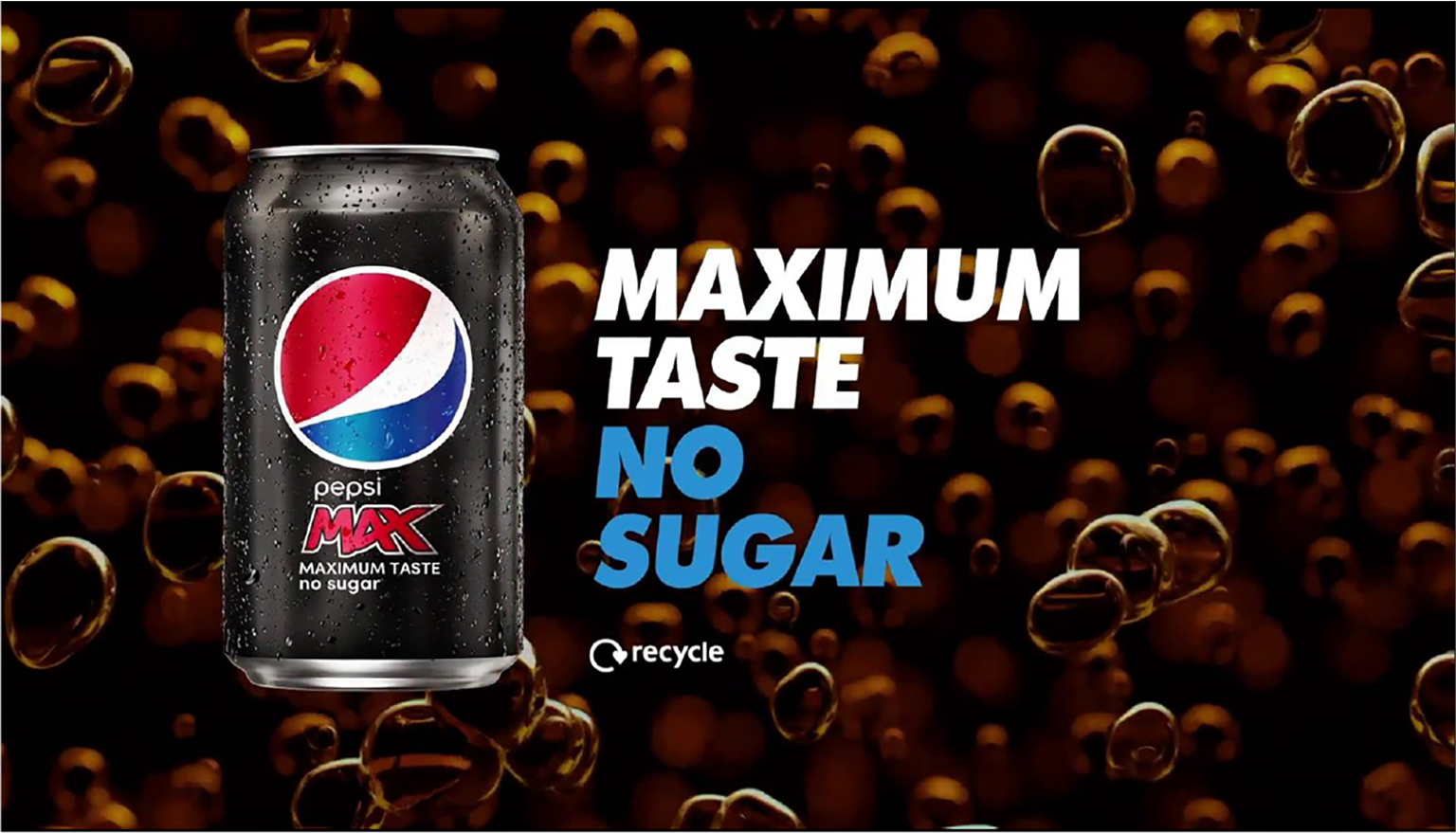For Garrett Quigley, there’s nothing like steering a sailboat. He’s adept at tacking and jibing and knowing exactly when to trim the sails — skills he’s mastered since first stepping foot on a dinghy off the southeast coast of Ireland at the age of 5. “I absolutely love the feeling of harnessing the power of nature to propel the boat forward using only the wind,” Garrett says. “I get a similar thrill from my job.”
As the Senior Vice President and category General Manager for PepsiCo Beverages in Western Europe, Garrett’s role is all about charting the course forward. He’s part big-picture thinker, part nuts-and-bolts tactician. He works to understand consumer demand, develops strategies for meeting those desires, then partners with supply chains and franchise bottlers to ensure plans are executed. “Where do we put our efforts and focus our investments? Which brands get the greatest priority? How do we showcase our products to the consumer?” Garrett says, describing some of his primary focus areas in the day-to-day.
One of the most notable projects of his 21-year career with the company has centered on raising the profile of zero-sugar beverages. PepsiCo has continually evolved its beverage portfolio to offer products that contain fewer added sugars and are better for planet and people, just one aspect of its pep+ (PepsiCo Positive) transformation announced earlier this month. Garrett’s own journey with zero-sugar beverages started about 15 years ago, when he discovered research showing such beverages could be a massive area for growth.
“We knew that the consumer was looking for a great-tasting product that didn't have the calories,” Garrett says. “And we knew we could deliver that to them. We had launched Pepsi MAX about 10 years previously. It was performing quite well, but it was under the radar.”
We knew that the consumer was looking for a great-tasting product that didn't have the calories. And we knew we could deliver that to them.
Garrett led a bold effort to make Pepsi MAX the centerpiece of PepsiCo’s beverage portfolio in the U.K. His team decided to advertise only zero-sugar sodas, and bottlers were instructed to increase production. “I said, let’s put all our eggs in one basket and become the leader in zero-sugar cola,” he recalls.
These steps were ahead of the curve. This was in 2006, three years before PepsiCo would announce company-wide sugar reduction goals. “But I knew it was the right strategy,” he says. Calls for companies to create healthier options were growing louder and there were rumblings that the U.K. government was going to implement a sugar tax. “We had a winning product that met consumer needs and was future-proof,” Garrett says. “Once I realized that, it was a no-brainer.”
Buoyed by the initial results, Garrett’s team conceived a series of creative ideas to keep growing the Pepsi MAX brand, which they continue to evolve to this day. They’ve offered 20% more cola free in every bottle, incentivized employees at movie theaters to suggest Pepsi MAX to customers who asked for Pepsi, and created fountains with nothing but zero-sugar options at Pizza Hut. They’ve also targeted new audiences by creating partnerships with popular music festivals and the UEFA Champions League. They’re now working on expanding the range of flavors to “bring an extra level of variety that allows the consumer a bit more choice,” Garrett says.

A Pepsi MAX ad from the U.K.
Keeping the consumer top-of-mind is what drives him every step of the way. “The whole strategy was consumer-centric,” Garrett says. “Consumers were telling us what they wanted. We were meeting that need.” And it has proven to be not only good for consumers, but for business, too. Pepsi MAX now accounts for nearly three-quarters of the company's U.K. Pepsi sales, compared to less than one-quarter 15 years ago. Zero-sugar beverages also reduce impact on the environment, as using artificial sweeteners has a lower carbon footprint than growing, transporting and processing sugar.
“Our success gives me an enormous sense of pride,” Garrett says. “The consumer wants to be healthier and make more sustainable choices, and we made it easier for them.”